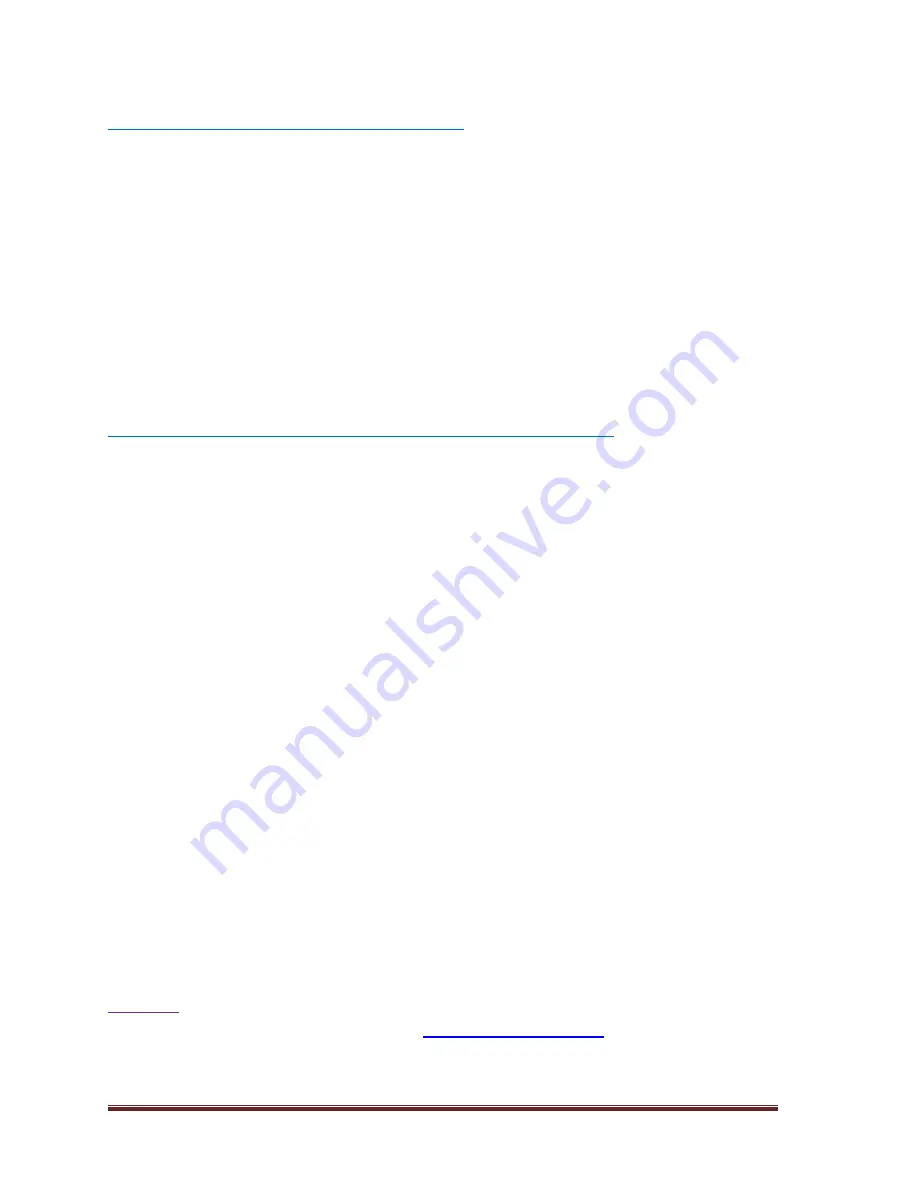
Children too large for booster seats
Children who are large enough to wear the lap belt comfortably, and whose legs are
long enough to bend over the front of the seat when their back is against the seat
back, should use the lap belt.
•
Make sure that the child is upright in the seat.
•
The lap belt should be low on the hips and as snug as possible.
•
Check belt fit periodically. A child’s squirming or slouching can move the belt out
of position.
Not all child restraint systems will be installed as we have described
here. Again, carefully follow the instructions that come with the child
restraint system.
Tips for getting the most out of your child restraint
•
Before buying any restraint system, make sure that it has a label certifying that it
meets all applicable Safety Standards. ACG also recommends that you try a
child restraint in the vehicle seats where you will use it before you buy it.
•
The restraint must be appropriate for your child’s weight and height. Check the
label on the restraint for weight and height limits.
•
Carefully follow the instructions that come with the restraint. If you install the
restraint improperly, it may not work when you need it.
•
All passenger seat belts are equipped with cinching latch plates.
•
Seat belts are designed to keep the lap portion tight around the child restraint so
that it is not necessary to use a locking clip.
•
The cinching latch plate will keep the belt tight, however, any seat belt system
will loosen with time, so check the belt occasionally and pull it tight if necessary
•
Buckle the child into the restraint exactly as the restraint manufacturer’s
instructions tell you.
•
When your child restraint is not in use, secure it in the vehicle with the seat belt
or remove it from the vehicle. Do not leave it loose in the vehicle. In a sudden
stop or collision, it could strike the occupants and cause serious personal injury.
NOTE:
For additional information refer to
or call 1-866-SEATCHECK..
Copyright © 2012-2015 American Custom Golf Cars, Inc.
Page
41

































